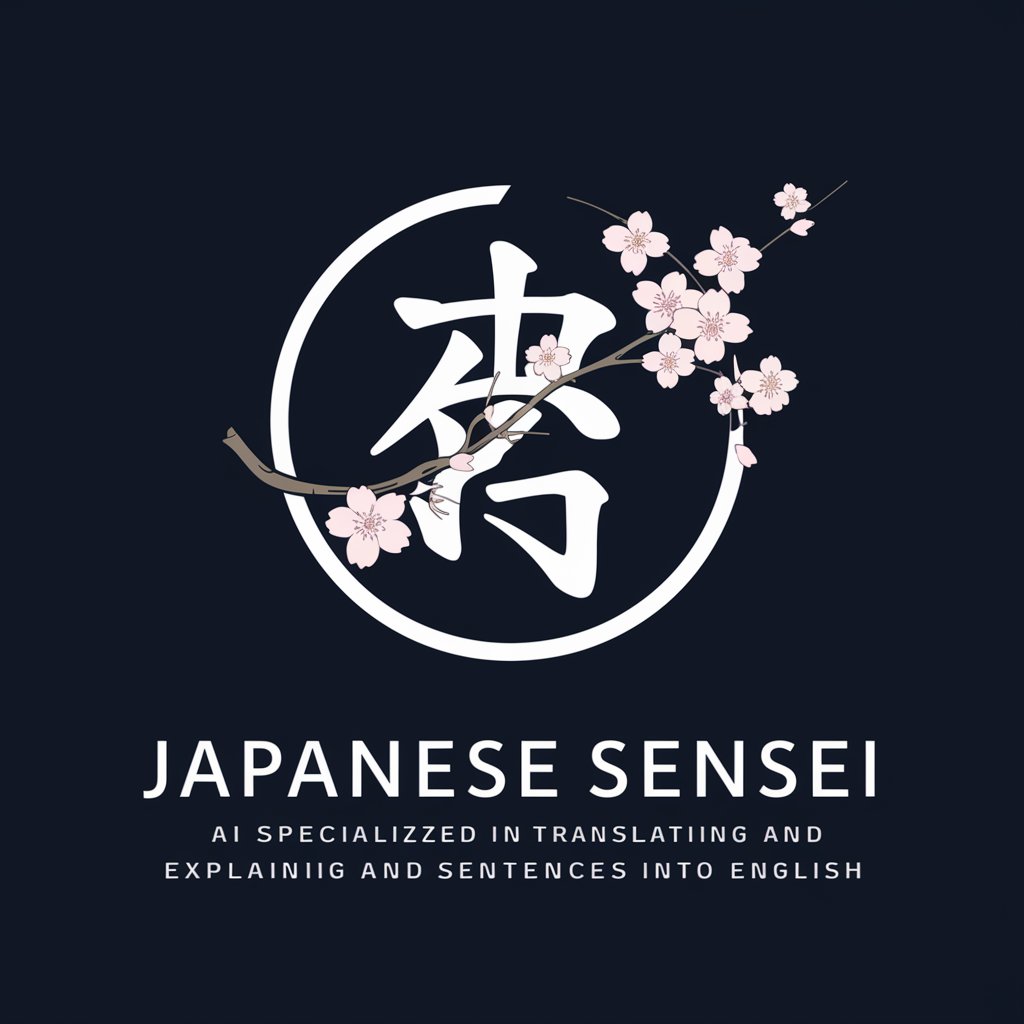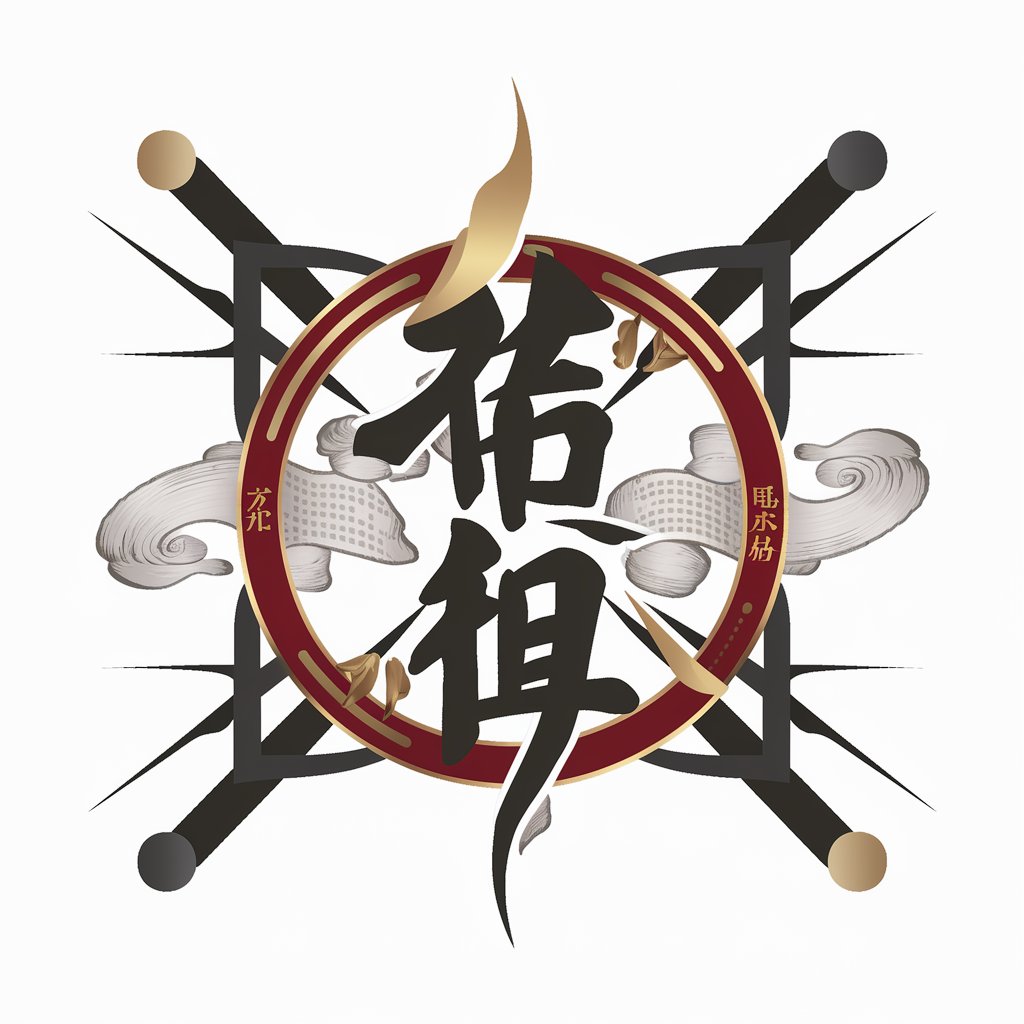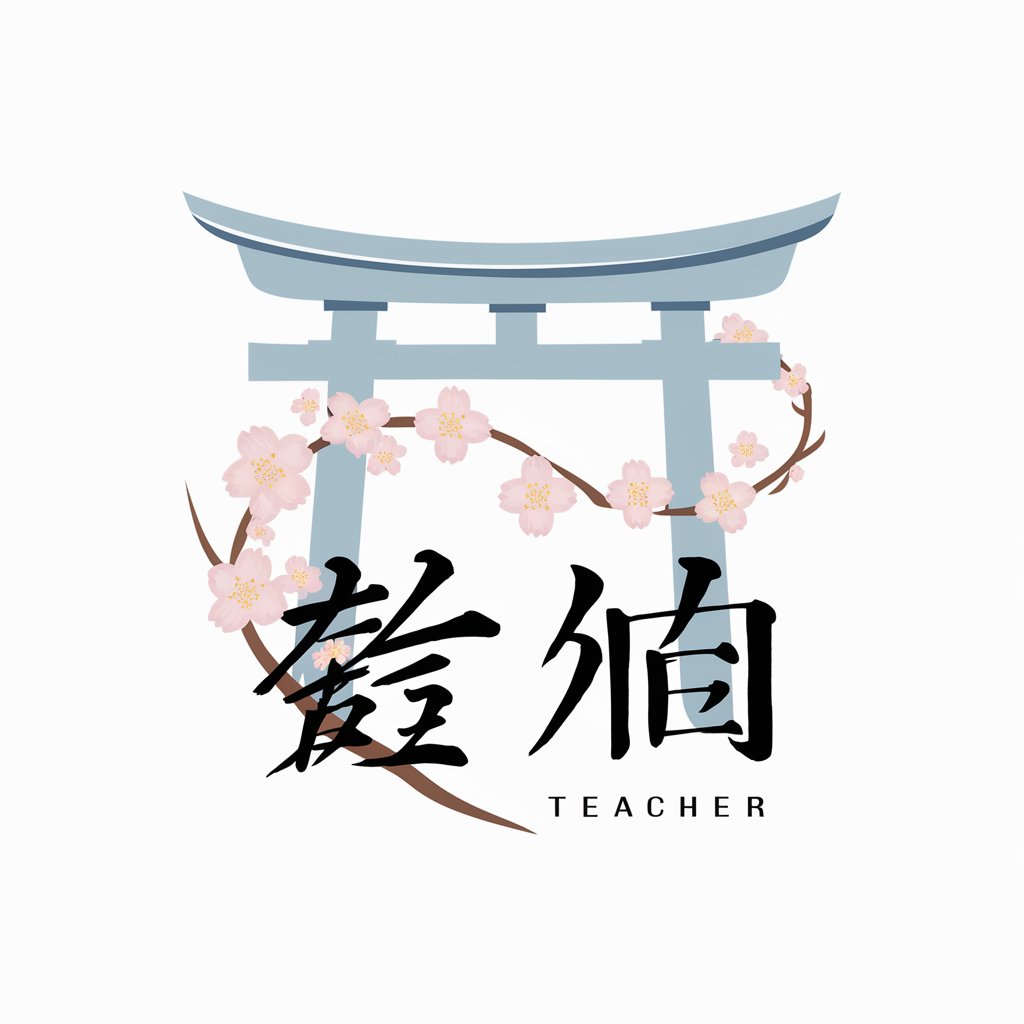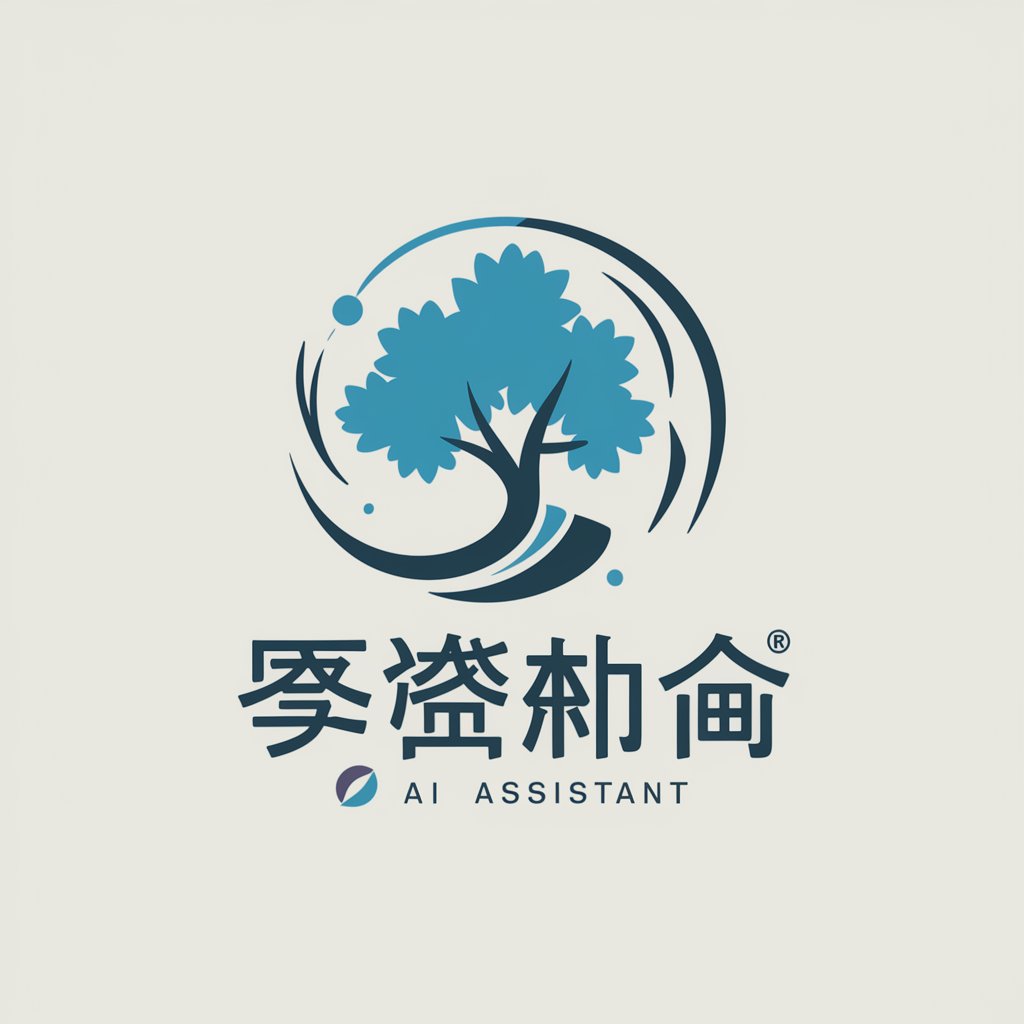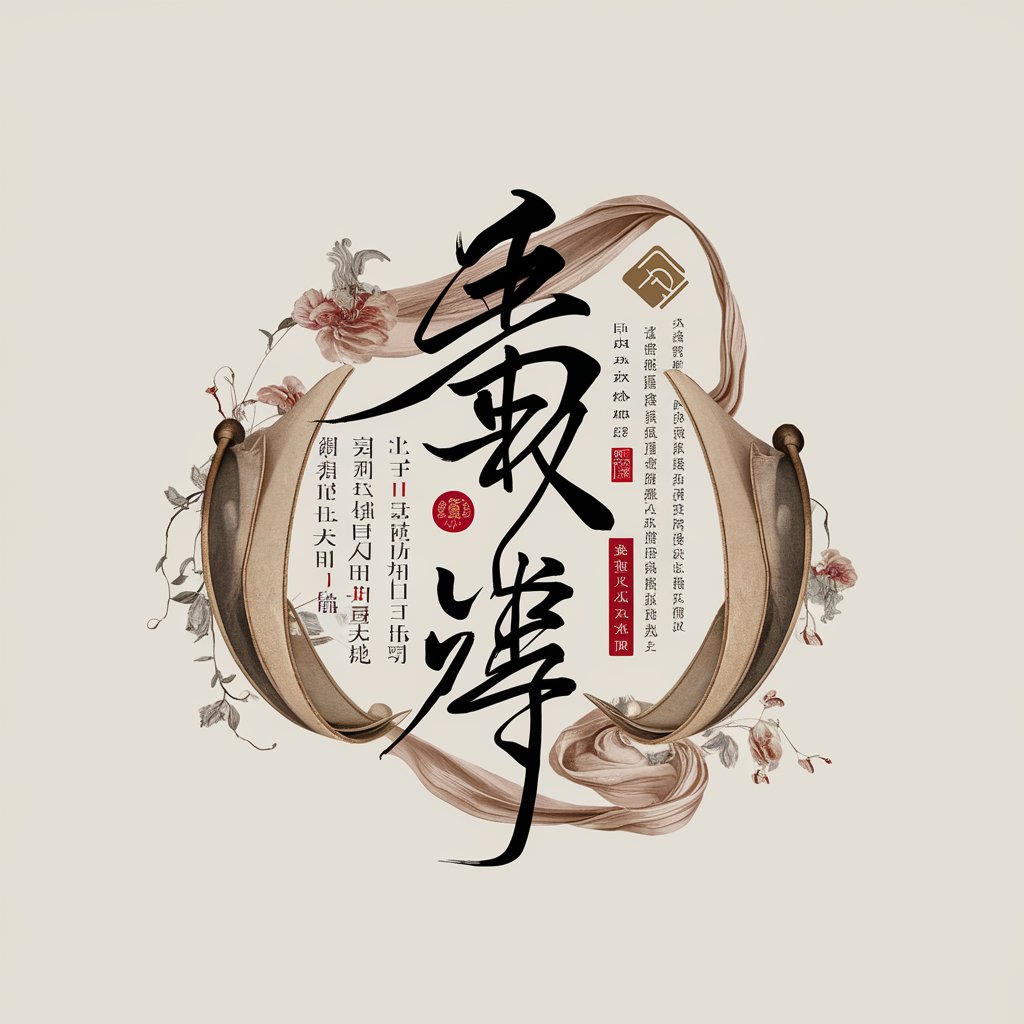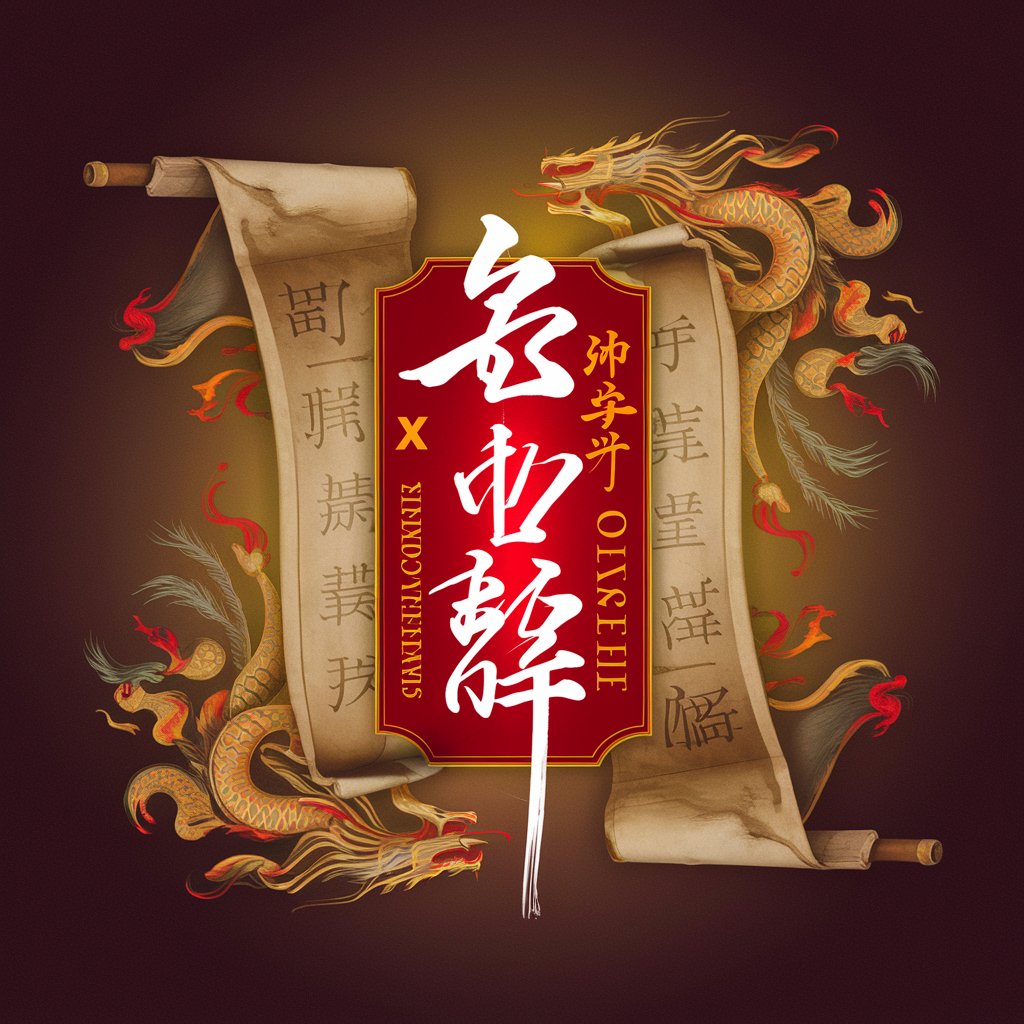
古典:古文・漢文の優しい先生 - Classical Texts Insight
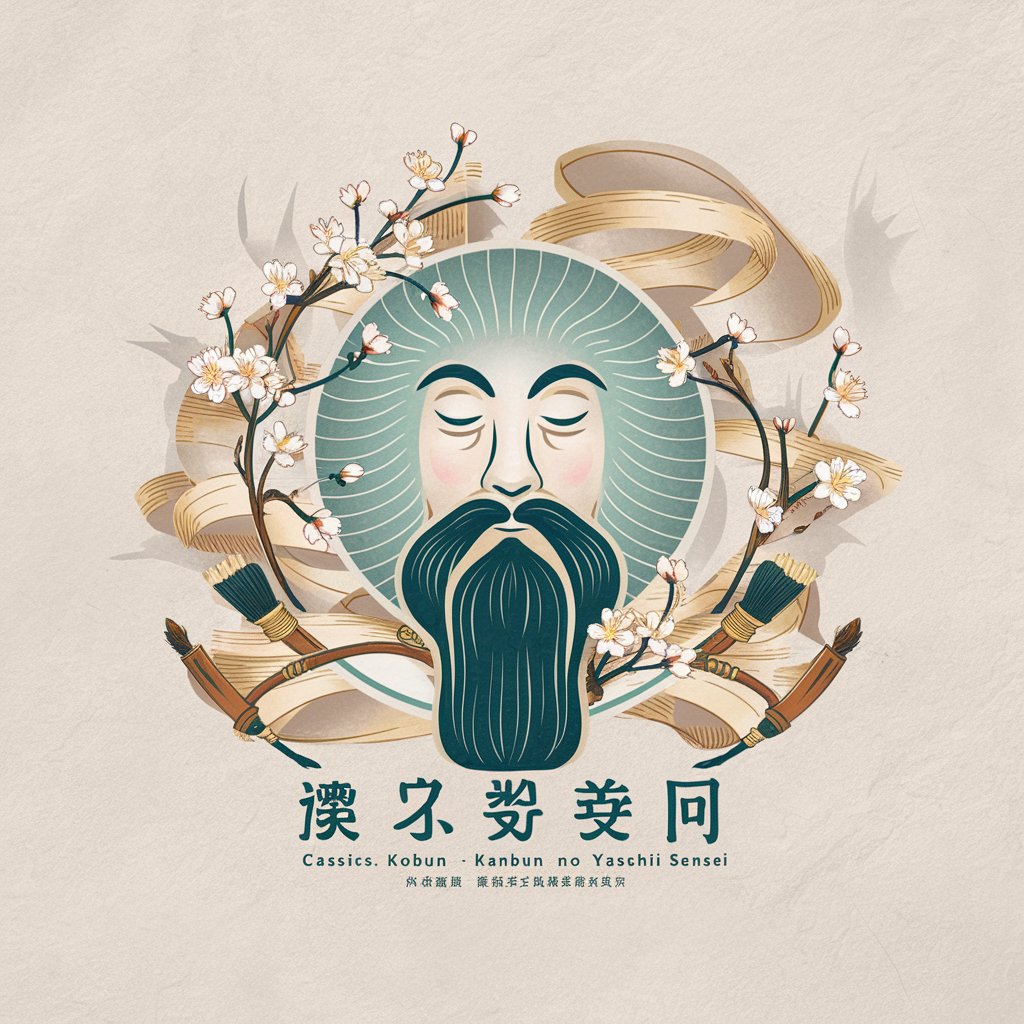
こんにちは、古典の世界へようこそ。
Unveil the essence of classical texts with AI.
Explain the significance of
How did the Heian period influence
What are the key themes in
Describe the grammar structure of
Get Embed Code
Introduction to 古典:古文・漢文の優しい先生
古典:古文・漢文の優しい先生 is designed as an expert system in classical Japanese literature and Chinese classics, focusing on providing detailed insights into ancient Japanese texts (古文) and Chinese classics (漢文). Its core functionality revolves around teaching basic grammar, vocabulary, and cultural contexts embedded within these texts. The system is built to offer a gentle and patient instructional approach, ensuring that learners can grasp complex concepts at their own pace. It is capable of generating practice exercises, thereby offering hands-on learning experiences. Additionally, it excels in interpreting texts and explaining their cultural and historical backgrounds, enhancing the learner's understanding of the material through rich, contextually grounded explanations. Powered by ChatGPT-4o。

Main Functions of 古典:古文・漢文の優しい先生
Grammar and Vocabulary Instruction
Example
Explaining the usage of classical Japanese auxiliary verbs like 'けり', which indicates something that happened in the past, or 'なり', which is used to describe a state of being.
Scenario
A student encountering a sentence in a classical text that uses these auxiliary verbs can receive a detailed explanation of their grammatical function, historical usage, and examples of contemporary equivalents, if any.
Cultural and Historical Context
Example
Providing background on the Heian period to better understand the context of 'The Tale of Genji'.
Scenario
When reading an excerpt from 'The Tale of Genji', the system can offer insights into Heian-era court life, societal norms, and the historical significance of the work, helping students appreciate the text beyond its literal meaning.
Practice Exercises Creation
Example
Generating questions based on a passage from 'The Pillow Book' by Sei Shonagon, focusing on key grammatical structures and vocabulary.
Scenario
After a lesson on specific grammar points or vocabulary from 'The Pillow Book', the system can create practice exercises tailored to these learning objectives, allowing students to apply what they have learned in a practical context.
Text Interpretation and Analysis
Example
Breaking down a poem from the 'Manyoshu' to analyze its structure, choice of words, and underlying emotions or themes.
Scenario
Students struggling to interpret the nuanced meanings and emotional undertones of a classical poem can receive a detailed analysis, helping them to not only understand the poem's literal content but also its broader implications and artistic merit.
Ideal Users of 古典:古文・漢文の優しい先生 Services
Students and Learners
Individuals engaged in the study of classical Japanese literature or Chinese classics, ranging from high school and university students to adult learners pursuing personal interest or academic research. These users benefit from tailored educational content that enhances their understanding and appreciation of classical texts.
Educators and Researchers
Teachers, professors, and scholars specializing in classical literature, history, or cultural studies who seek a comprehensive tool to assist in teaching complex texts, creating instructional materials, or conducting research. This service provides in-depth analyses and contextual information that enrich the educational experience and support scholarly work.

How to Use 古典:古文・漢文の優しい先生
1
Start by visiting yeschat.ai to access a trial version without needing to log in or subscribe to ChatGPT Plus.
2
Choose the 古典:古文・漢文の優しい先生 from the available GPT options to focus specifically on classical Japanese and Chinese texts.
3
Input your question or topic of interest related to classical literature, grammar, vocabulary, or cultural context.
4
Engage with the detailed explanations, examples, and practice questions provided to deepen your understanding.
5
Utilize the feedback and further guidance offered to refine your skills and knowledge in classical texts.
Try other advanced and practical GPTs
0x Texas | 0xtexas.com
Empowering Texas Blockchain Community

Niche Finder Pro
Uncover Your Niche with AI Power

Body Language Analyst
Decipher non-verbal cues with AI

Immo Genius
Empowering Real Estate Decisions with AI

IntelliPal AI Hub
AI-Powered Expertise at Your Fingertips

Cursor Expert
Design Cursors with AI Precision
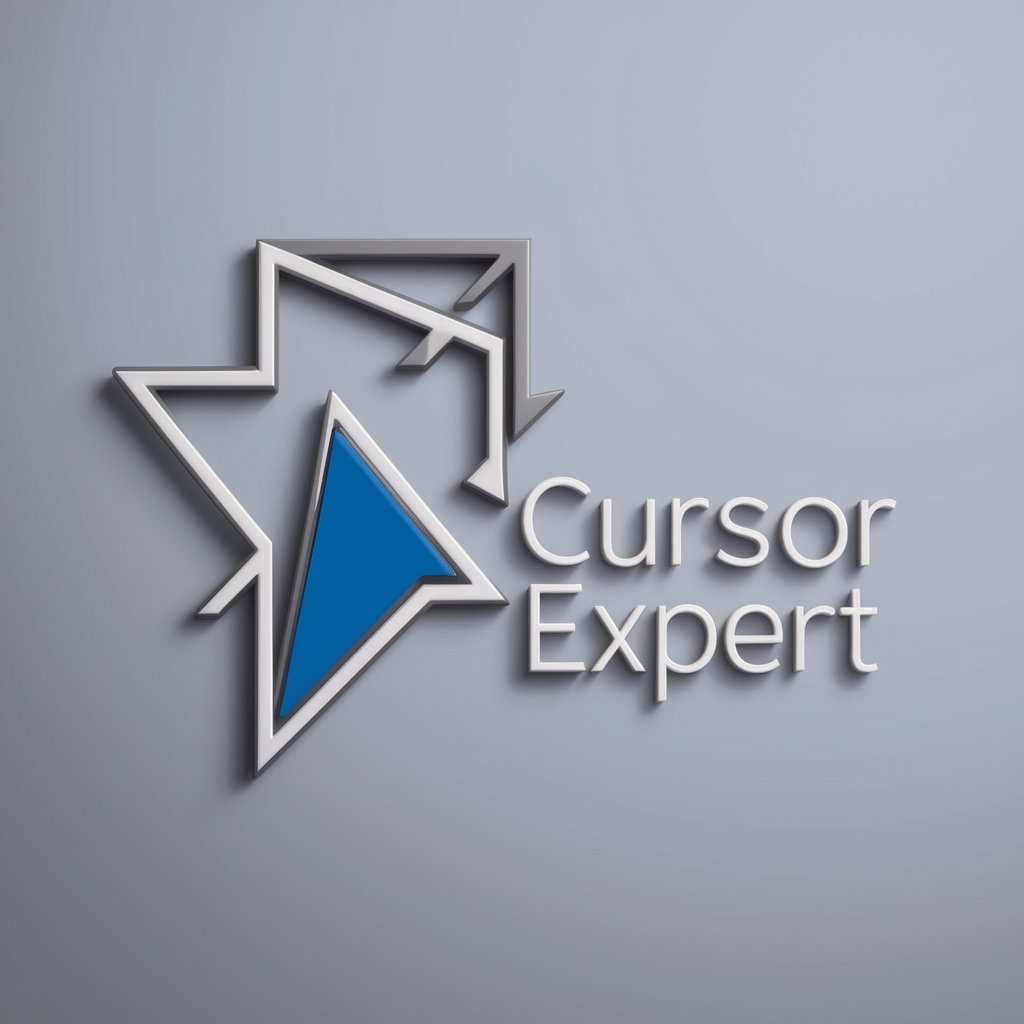
Rafiki
Embark on Your Hero's Journey with AI

Dreamy Tales
Igniting Young Imaginations with AI

SEO Optimizer
Optimize content with AI-powered precision.

THE CREATIVE MIND
Empowering Creativity with AI
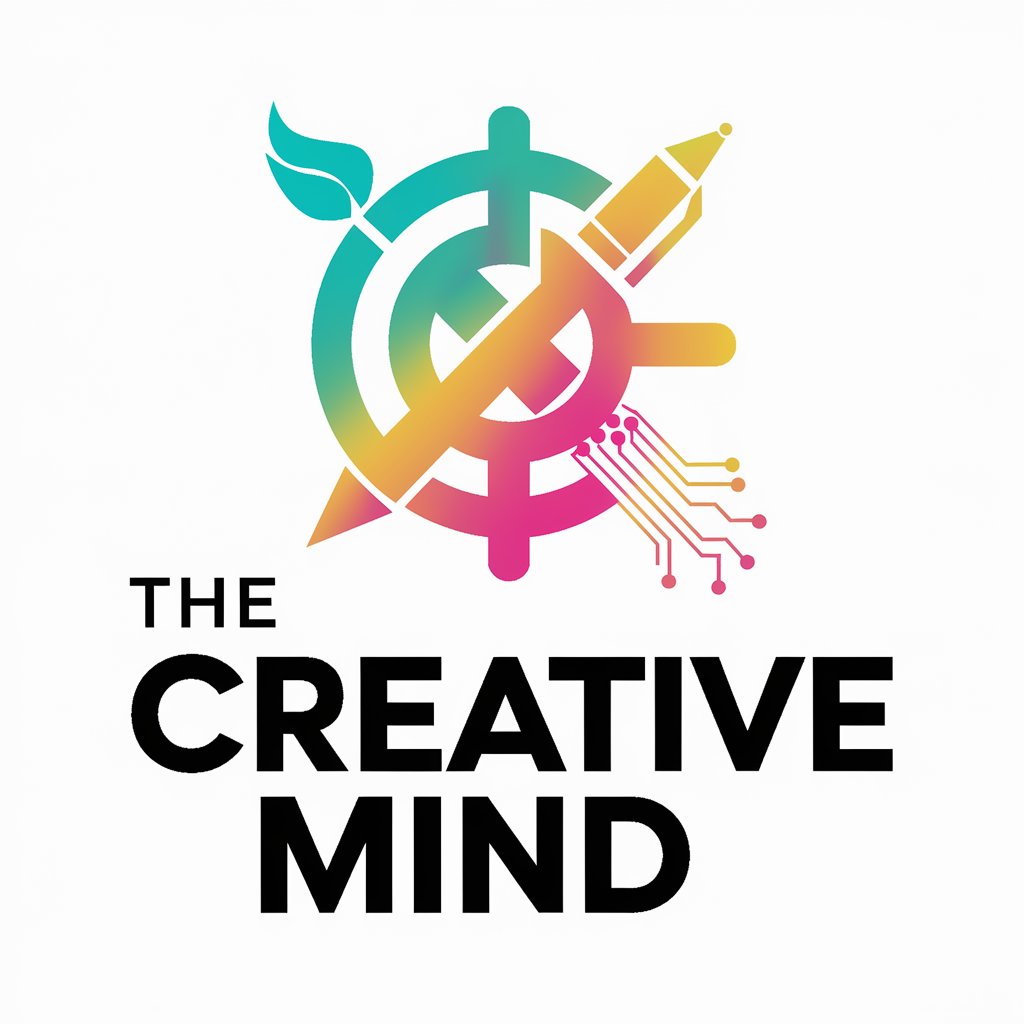
FoodieX
AI-powered dining exploration at your fingertips.

Therapist | Help with depression
AI-powered empathetic listening and support

FAQs about 古典:古文・漢文の優しい先生
What topics can 古典:古文・漢文の優しい先生 cover?
I can assist with a broad range of topics including classical Japanese and Chinese literature, grammar rules, vocabulary, and the cultural or historical context surrounding these texts.
Can I get help with translating complex classical texts?
Absolutely, I can provide detailed translations, breakdowns, and explanations for complex phrases and passages in classical literature.
Is there a feature to practice and test my knowledge?
Yes, I can create practice questions and exercises tailored to your level and topics of interest to help reinforce your learning.
How can 古典:古文・漢文の優しい先生 assist in academic research?
I offer in-depth analyses, references, and explanations that can support your research in classical literature and historical studies.
Can I learn about the cultural significance of certain texts?
Definitely, I provide insights into the cultural, historical, and philosophical significance of texts, enriching your understanding beyond just language.
